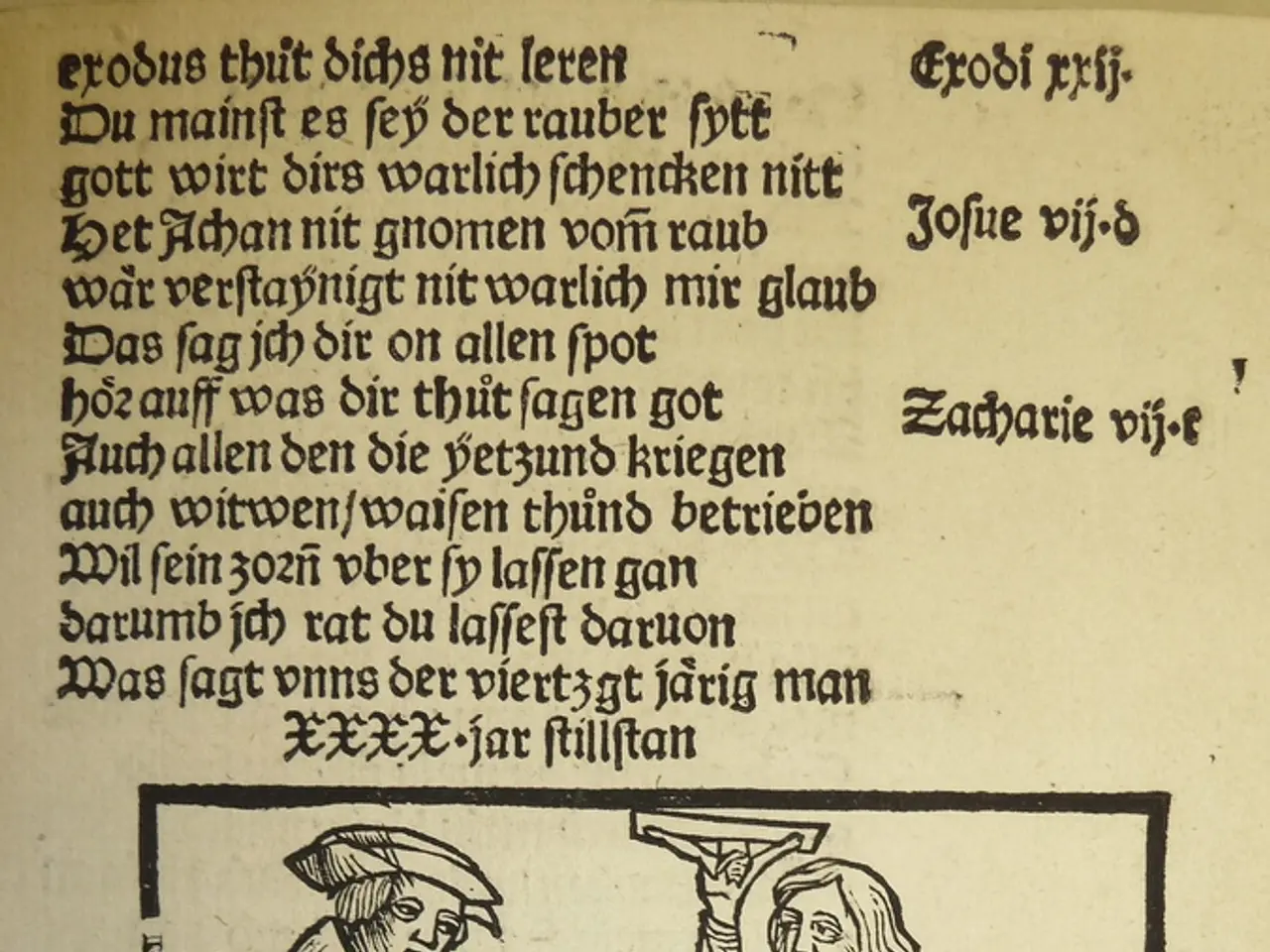Artificial Intelligence aids in averting the extinction of a distinctive northern German wildlife species
The Lange Anna Foundation is embarking on a new mission to save the critically endangered Heligoland Frisian language, also known as Halunder. This ancient tongue is spoken by only a few hundred people on the Heligoland islands in Germany.
To make Halunder accessible to future generations, the foundation is leveraging Artificial Intelligence (AI) in various ways. AI applications are primarily being used for digital language documentation, the development of educational tools, and the creation of accessible language resources.
One of the key initiatives involves digitizing archival audio recordings and manuscripts to create searchable databases. These resources will facilitate linguistic preservation and research, paving the way for the development of language learning platforms and automated translations or tutoring systems.
AI models will also be developed to create text-to-speech or speech-to-text systems, making it easier for learners to practice pronunciation and comprehension. Interactive language learning apps powered by AI tutors that adapt to individual learner's needs are also being planned.
Moreover, AI-driven translation tools will be used to bridge Halunder with more widely spoken languages, increasing accessibility. The foundation is also working on a learning version for schools and language enthusiasts, as well as a planned spoken version to preserve Halunder's unique sound.
The first development stage of Halunder.ai, an AI-focused project, is being funded by the Lange Anna Foundation. This foundation has been committed to protecting nature and culture on Heligoland for years. Collaboration with Heligoland speakers is essential for the success of these projects.
While direct references to AI projects focused on Heligoland Frisian may not be found in extensive search results, the use of AI for endangered language revitalization is a common strategy worldwide. AI has successfully been applied to other endangered languages for documentation, teaching, and accessibility, suggesting that similar methods are likely being explored or implemented for Halunder.
Should you require examples of AI applications in endangered language revival globally or specific projects related to Heligoland Frisian, I would be more than happy to assist further. However, based on the current data, AI's role is primarily in digitization, language learning facilitation, and resource accessibility for Halunder's preservation and revival.
Artificial Intelligence (AI) is being utilized in the digital preservation of the Heligoland Frisian language, having applications in digital language documentation, the development of educational tools, and the creation of accessible language resources. Future AI models will likely create text-to-speech or speech-to-text systems for language practice and translation tools to bridge Halunder with more widely spoken languages, enhancing accessibility.




